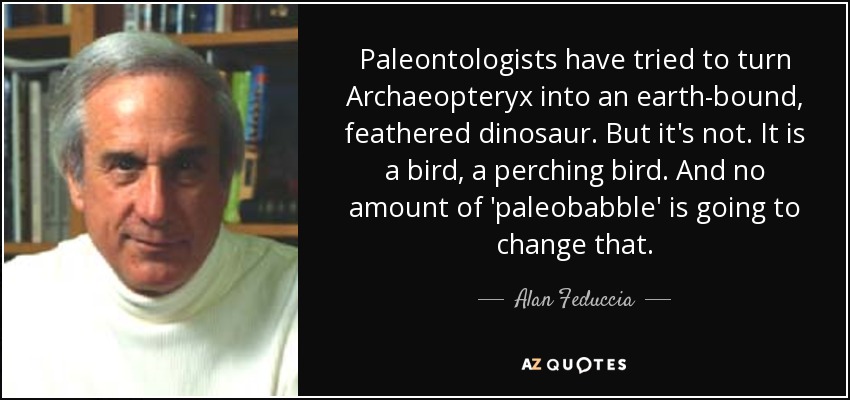What's at the heart of the issue? Angels... and if we can easure them? No.
That's like the scientist that thinks the only way to test
anything is to bring them into a lab, and put them under a microscope.
Every piece of evidence does not go into the lab under a microscope.
They are analyze in various ways, and at times may use the methods all scientists use.
However, science does not touch all areas of inquiry or knowledge.
Your focus on angels would be against your field of study, because the modern scientific approach has removed any possibility or probability of God or angels, remember Or at least they don't deal with such things.
So any talk of hypotheses regarding angels is not in your books.
Hypothesis
A scientific hypothesis
is a tentative explanation for an observed phenomenon.
must be experimentally testable
cannot be proven to be true
Your world is not the only means of acquiring knowledge.
Both scientists and engineers contribute to the world of human knowledge, but in different ways.
Religion does also. Methods differ. However, they all lead to knowledge, and do not even have to conflict.
However, they might, based on how one views one, or the other.
There are of course, different sciences as well.
No one here... except you, have made any mention of angels affecting planets.
Your question was... How do you know that the source you experience is actually God?
What evidence do you have of that?
In other words,
how do you know that your perceptions about this are reliable?
That's what we will stick with. Let's not desperately try to create scenarios that we feel we can shoot down, and make life easy for ourselves.

Remember too, you are having this conversation with me, so bringing in what other people believe or say, is not relevant is it.
Some people, many in fact, including those who call themselves Christians, don't even know why they believe in God. You are free to ask them why they do.
I asked, but they refused to answer... for obvious reasons, imo.
Anyway, let's get on with it.
There is evidence God is, and this evidence is reliable.
I'll start with
one source of truth - the Bible.
Let's also take it nice and slow, bit by bit, so nobody gets lost, or rambles, and I don't have to repeat myself.
The Bible is accurate about history.
The Bible book of Joshua, was written centuries before our modern time.
It reported details about the city of Jericho.
Details which could only be known if that information was available at the time of writing.
A
rchaeological discoveries confirm that the city of Jericho was not destroyed after a long seige, but quickly, and based on the evidence they conclude that the walls fell down, and the city was burned.
Tthe evidence does not contradict the Biblical account, but supports it. Giving evidence of the reliability of the recorded account.
This is not a one off situation, but has occured numerous times.
The Bible is accurate about science.
The writer of the Bible book of Job, was writen centuries before modern discoveries regarding knowledge of our solar system.
Job 26:7 states a fact that could not be known by man, unless 2 Timothy 3:16 were true.
Only recently, has the fact the earth is not supported by anything been discovered and confirmed - contrary to what was believed previously by many.
This is again, just one of many occurances.
There is by far, a lot more evidence, but this is just the beginning.

There is evidence we have a reliable souce of truth, and knowledge.

